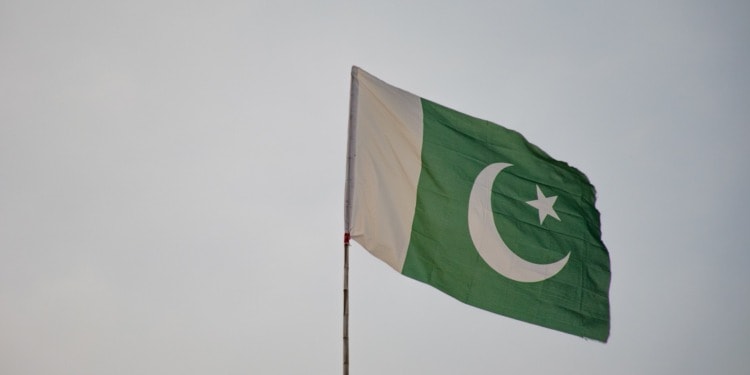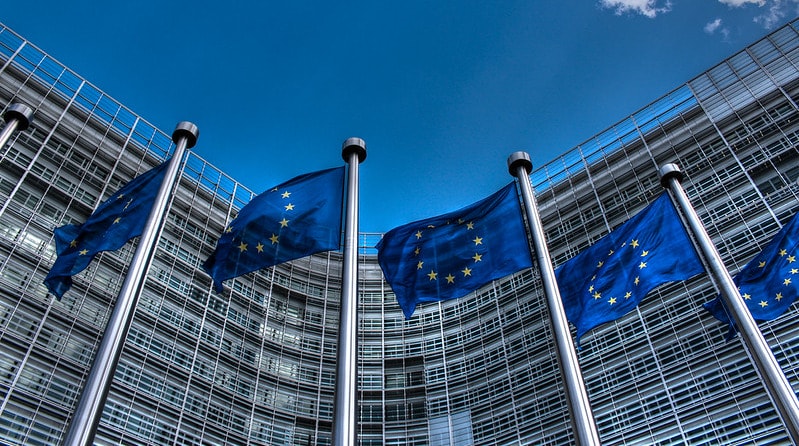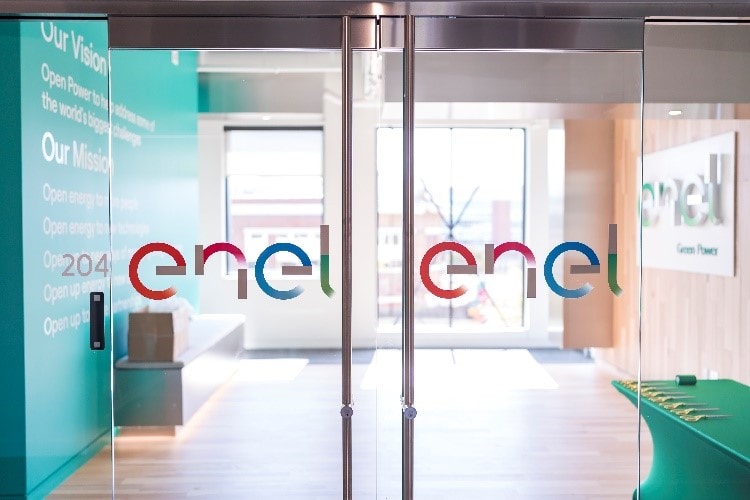Earlier this month, Pakistani microfinance bank Kashf issued the country’s first gender-based bond with the help of InfraZamin Pakistan (IZP), a credit enhancement facility.
Bonds are a financial tool where the investor loans money to a company or government and receives in return a rate of interest called a coupon rate and, after a certain time period, will reach a maturity date when the investor’s loan is paid in full.
Gender bonds, as highlighted in the UN Women’s booklet entitled “Bonds to bridge the gender gap: A practitioner’s guide to using sustainable debt for gender equality,” are an innovative use of this strategy to promote gender equality through “gender-related use of proceeds.”
Kashf is a microfinance institution working to empower women in rural and poor communities through finance. Their client stories detail the women they have helped support through training and loans – many of which now run family businesses and employ members of their communities.
This bond is worth 2.5 billion Rs. (Pakistani rupees or PKR), equal to 7.8 million Euros, and will reach maturity after three years, including a one year grace period – this means that any company issuing a bond from Kashf does not need to start paying the money back until one year after committing to the bond.
IZP’s CEO, Maheen Rahman, tells us that they “stepped in and agreed to provide another avenue of raising financing to Kashf” after the Pakistani rupee dropped in value compared to the US dollar, deterring other local banks from supporting a microfinance institution.
Rahman also notes that, despite the difficulty in raising financial support for this bond, “this was not Kashf’s first move into the debt capital markets. Kashf had issued a debt instrument in 2019, however, Kashf was not able to crowd in liquidity from the capital markets and the instrument was mostly subscribed by local banks and local development finance institutions.”
Kashf Foundation, InfraZamin Pakistan, and Arif Habib Limited launch Pakistan’s first ‘AAA’ rated, PKR 2.5 billion, fully Guaranteed ‘Gender Bond’ for bond capital market investors. #kashffoundation #kashf #firstgenderbond #womenempowerment #infrazamin #arifhabib pic.twitter.com/koYCniW8zx
— Kashf Foundation (@KashfFoundation) July 5, 2023
“IZP felt this was the best use of its guarantee by pooling in investments from mutual funds, pension funds, and insurance companies which command significant liquidity and help reduce Kashf’s reliance on expensive FCY (foreign currency) loans,” she added.
Reducing poverty through finance
According to the UN’s recently published case studies which detail the progress of the gender bonds they facilitated, improving the level of access to financial instruments for women could be the key to meeting multiple SDGs at once.
In Mexico, for example, a bond issued by the Fideicomisos Instituidos en Relación con la Agricultura (FIRA) [Trust Funds for Rural Development] is helping to meet several SDGs: Goal 1, Goal 2, Goal 5, Goal 8 and Goal 10.
The same is true for Pakistan’s first gender bond.
According to Rahman, a key driver behind supporting through Kashf issuing their bond “was Kashf’s unique customer base that comprised of 99.7% of female borrowers.”
The devastating flooding Pakistan endured last summer also spurred IZP to action because, as Rahman tells Impakter, the company was “on the lookout for opportunities in playing its part in the flood rehabilitation process but being a commercial entity could not find commercially viable opportunities to help the flood affected.”
With IZP’s help, Kashf was able to aid people and areas affected by the flood through the bond. Rahman says this included helping “people in flood affected and flood prone areas to build climate resilient housing which could withstand future flooding or similar calamities.”
By helping to alleviate suffering caused by flooding in the future, Pakistan’s first gender-based bond has the potential to help meet Goal 9 for innovative infrastructure and Goal 11 for sustainable communities, as well as others dealing more directly with poverty and gender inequality such as Goal 1, Goal 2, Goal 5, Goal 8, and Goal 10.
Gender Equality: The gender bond aims to address gender inequalities by supporting women led businesses & promoting financial inclusion for women from low-income households. pic.twitter.com/PFTJ2UBqWd
— InfraZamin Pakistan (@InfraZaminPK) July 21, 2023
Rahman also says “there has been a tilt recently towards issuing impact bonds,” another reason why her company is so enthusiastic about Kashf. “This is IZP’s first step into the debt capital markets and what better way to enter a market other than issuing an impact bond,” she said.
Improving gender equality in remote communities
A prominent issue with using bonds to promote gender equality is that the success of such schemes relies on the financial infrastructure already in place in remote communities and how accessible it is to women.
There are problems if mechanisms to reach out to women are not available. The UN’s case study of the bond issued in Tanzania noted that the bond issuer “had to find an innovative way of reaching out to specifically communicate with and lend to women.”
According to the World Bank, as of 2022 62% of Pakistanis live in rural areas. IZP seems determined to support Kashf in reaching women in these communities.
“Institutions like Kashf have been able to help women meet their daily requirements, securing housing, start new businesses, restart closed businesses, expand their businesses which are all very important in poverty alleviation, securing independence, creating employment opportunities for other women and encourage women to become a productive part of the economy,” says Rahman.
She tells Impakter that, according to IZP’s assessment, “with the proceeds of this bond Kashf will be able to provide 25,000 to 30,000 new loans which could create employment for about 50,000-60,000 women in rural and off-grid areas.”
In terms of ensuring that the loans granted by Kashf’s bond are creating the largest possible positive impact, Rahman explains that IZP “will be doing a quarterly review and monitoring the use of proceeds and meeting with the loan recipients to understand their needs.”
The UN’s work on gender bonds is already showing that empowering women financially is crucial for meeting the Sustainable Development Goals as well as ensuring a diversified business landscape by helping women become economically productive.
Whilst other case studies of bonds have highlighted the difficulty in reaching women in remote areas, Kashf, with the help of IZP, seems well-prepared and equipped to help women grow their businesses, regardless of their background.
Editor’s Note: The opinions expressed here by the authors are their own, not those of Impakter.com — In the Featured Photo: The Pakistani flag. Featured Photo Credit: Unsplash.













